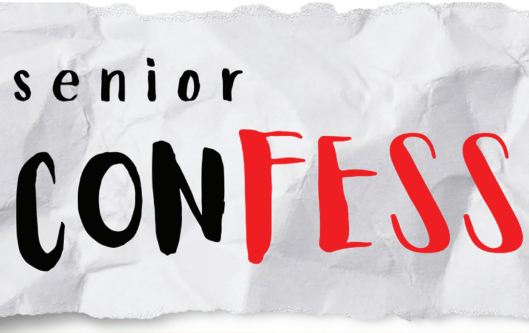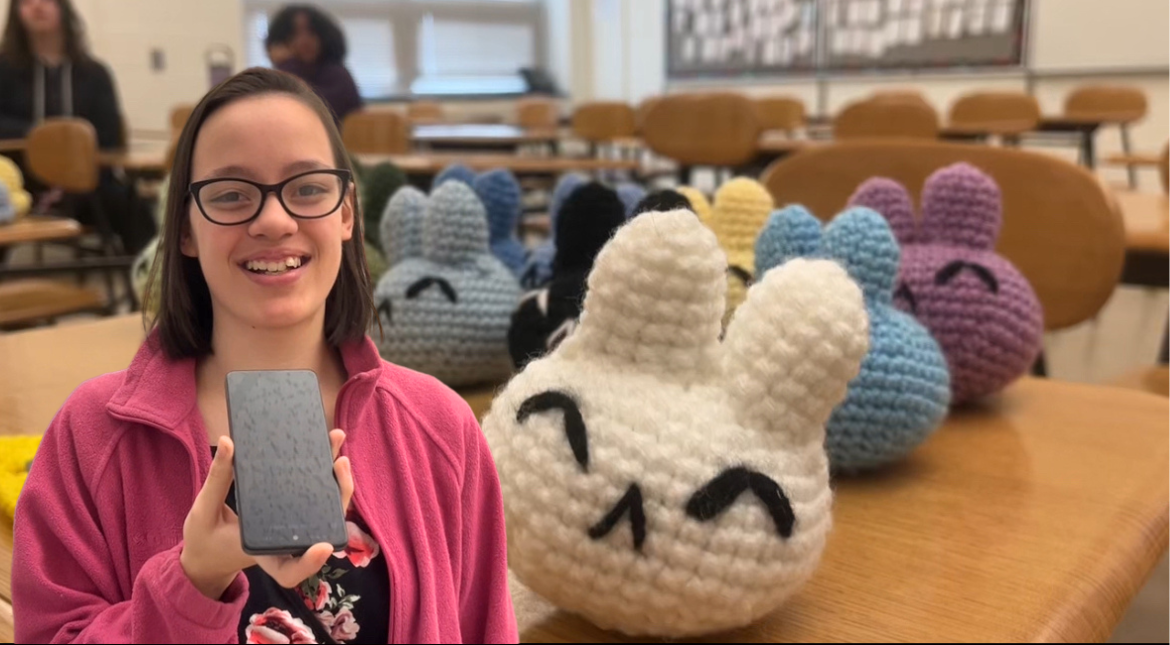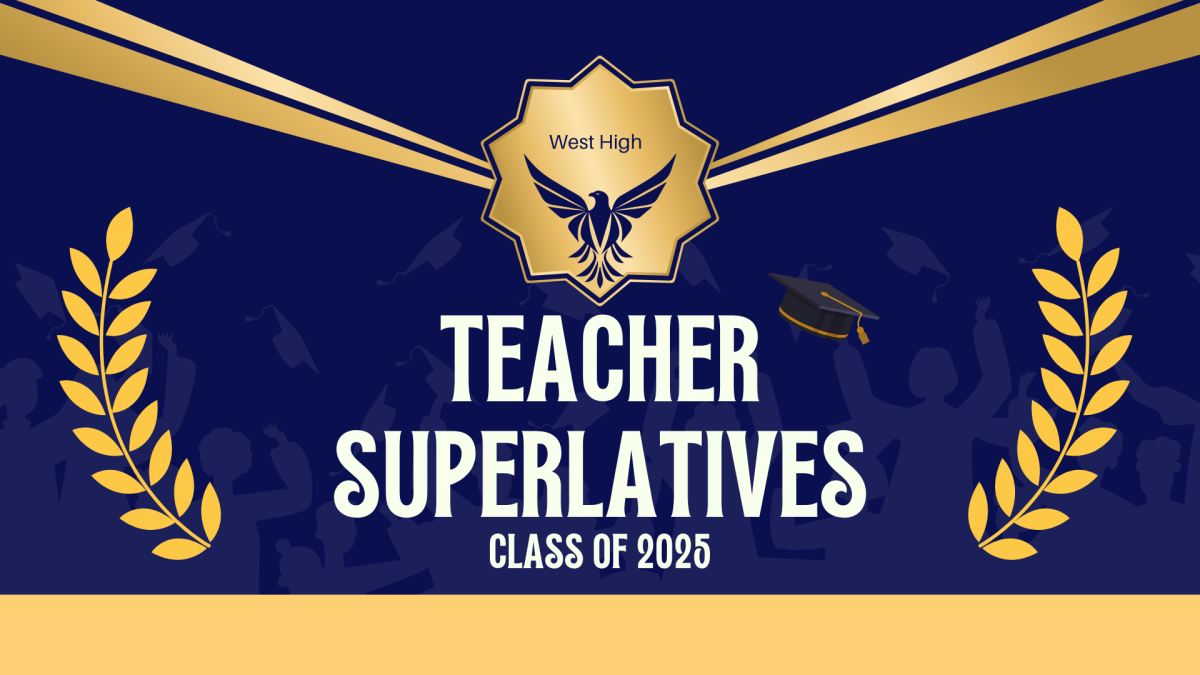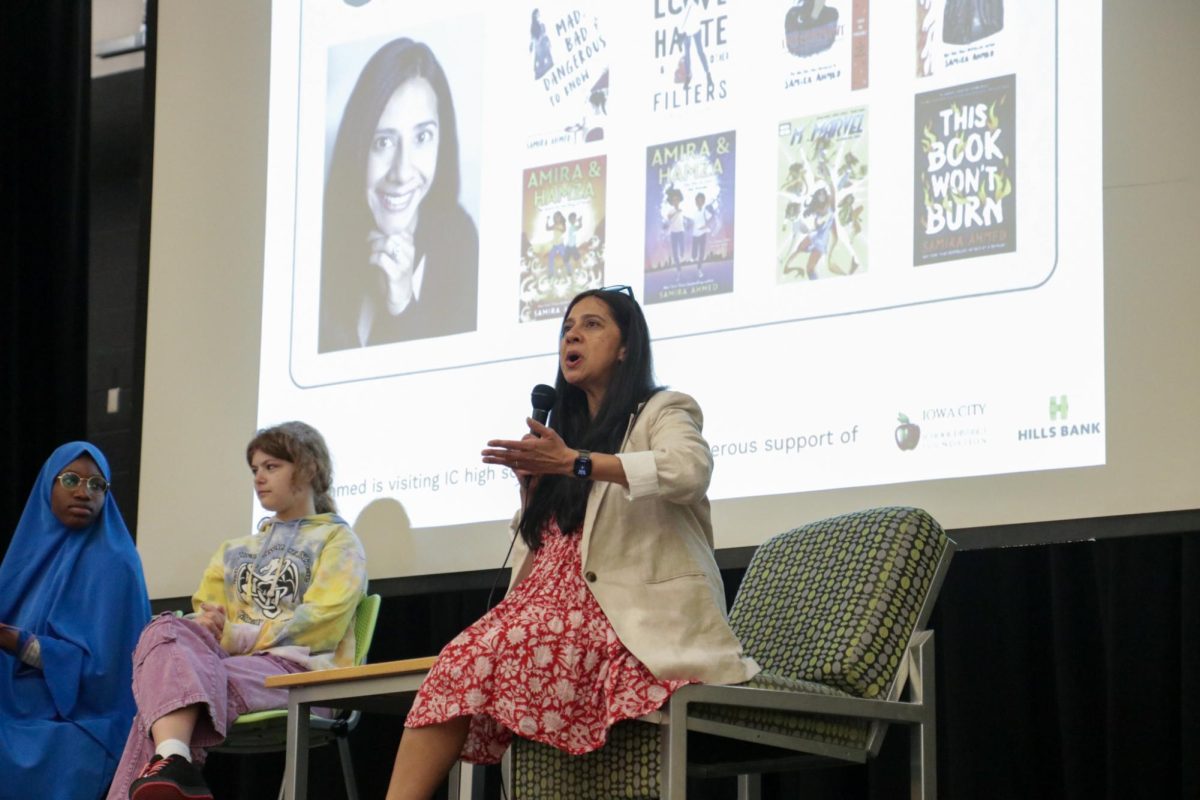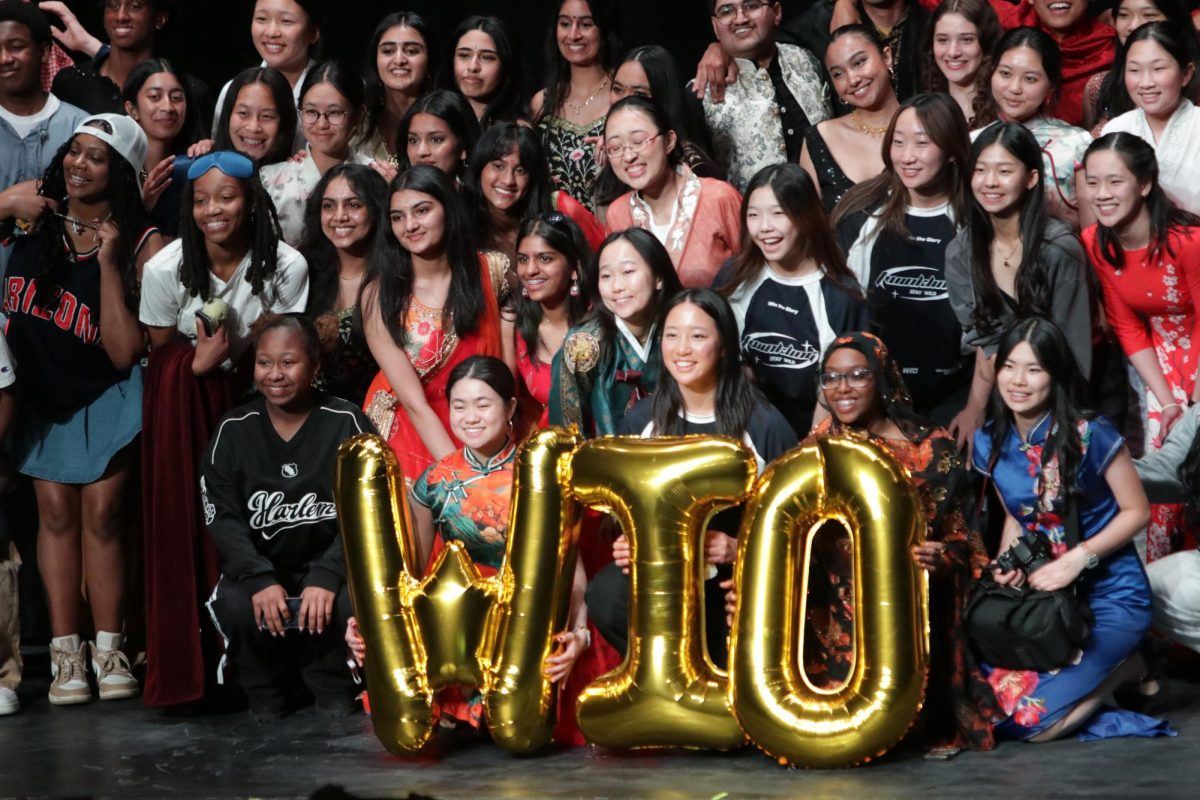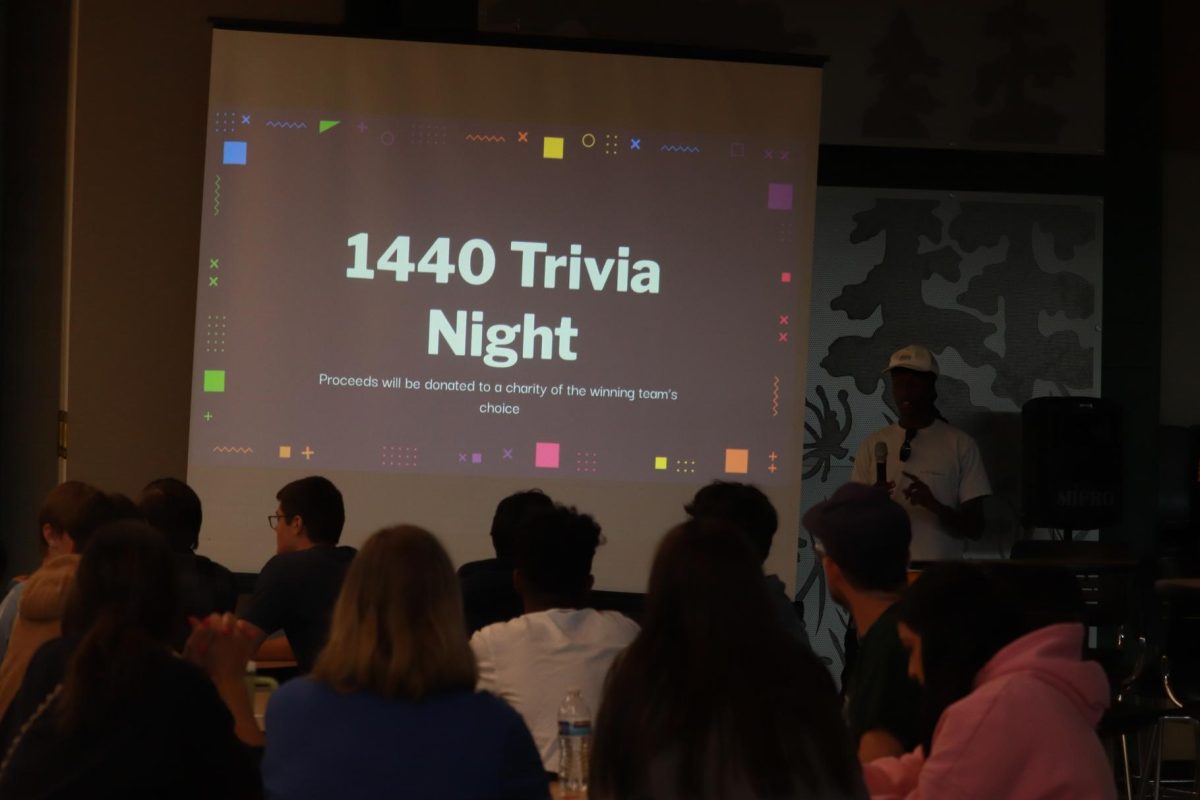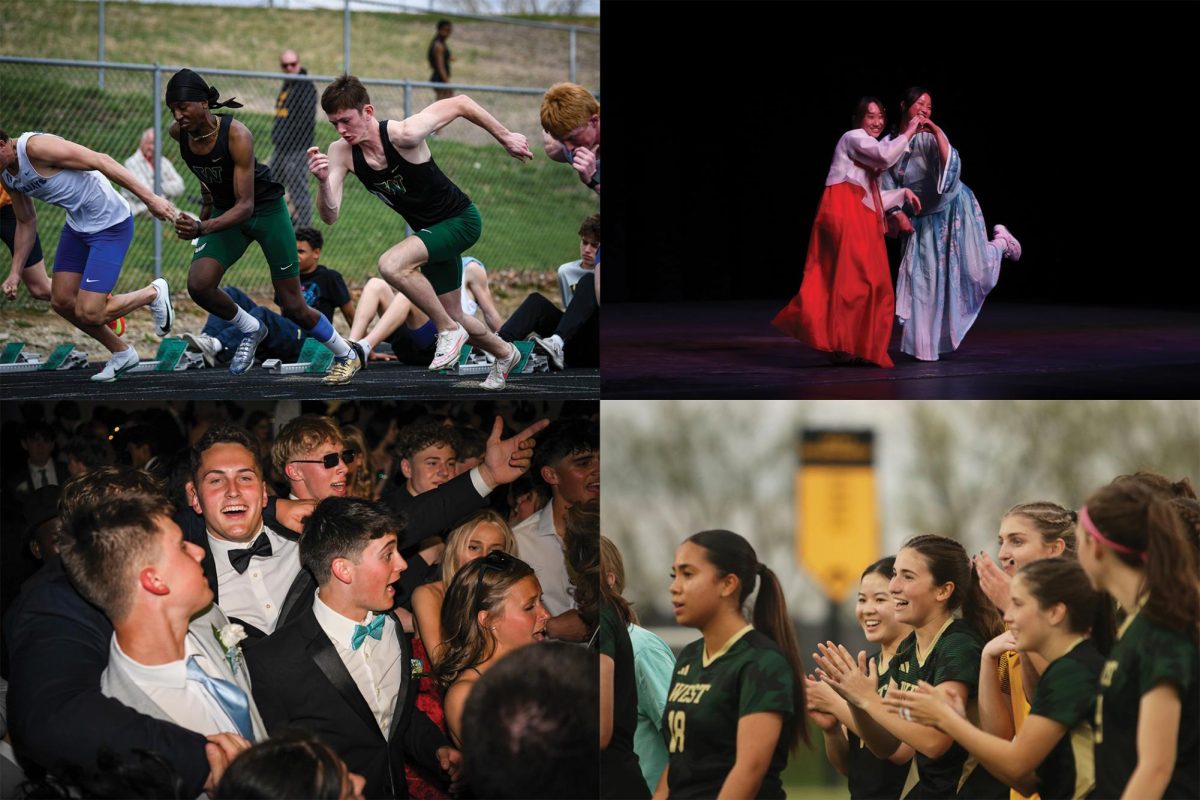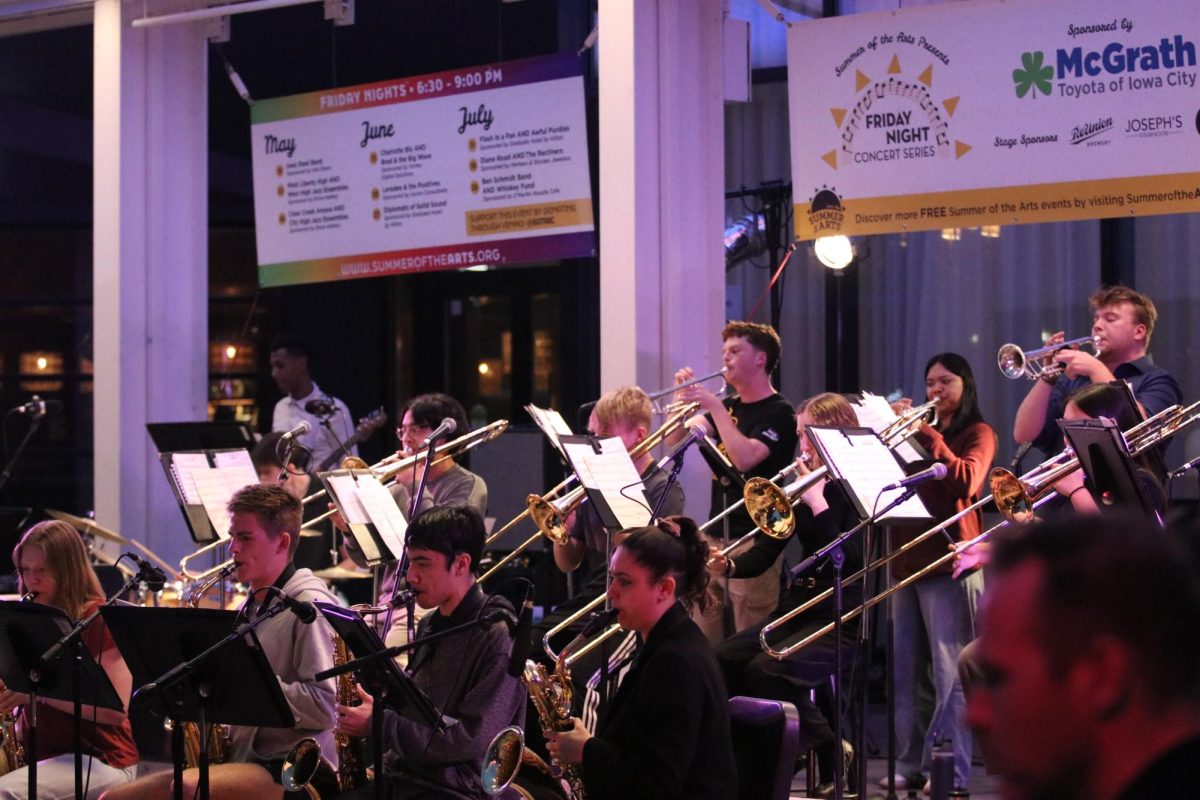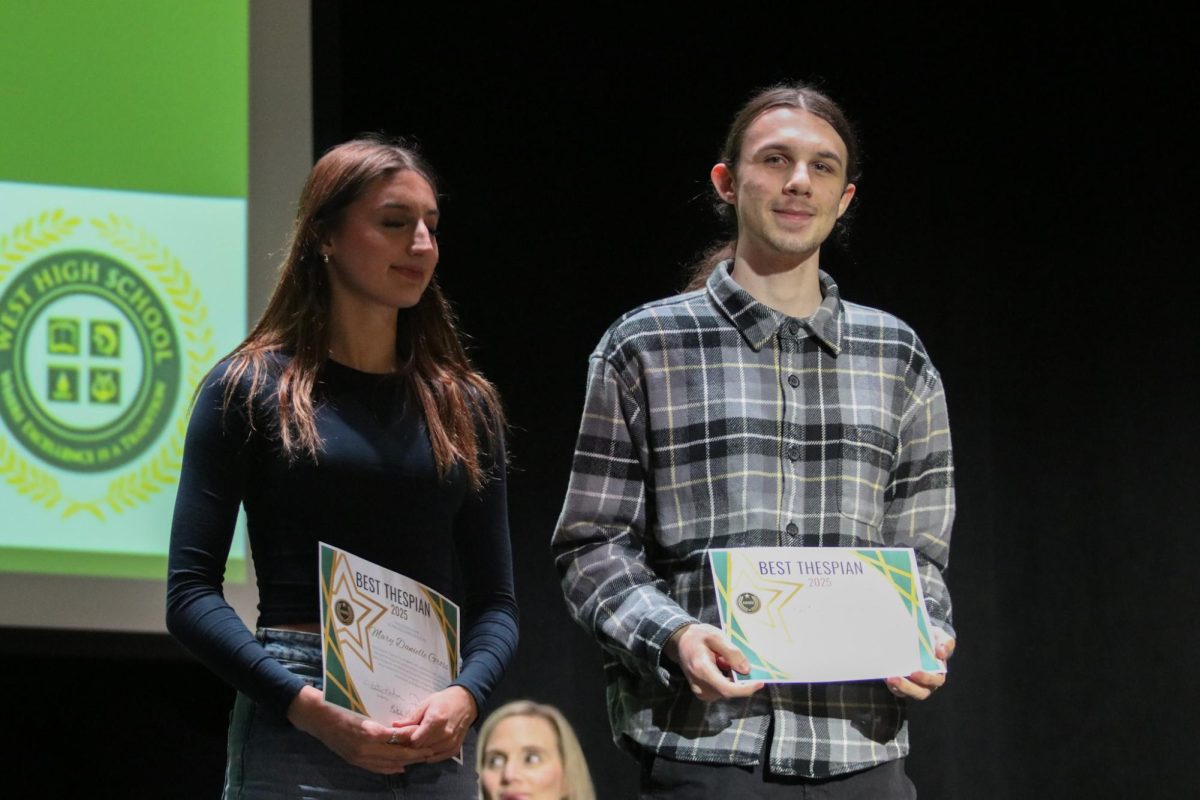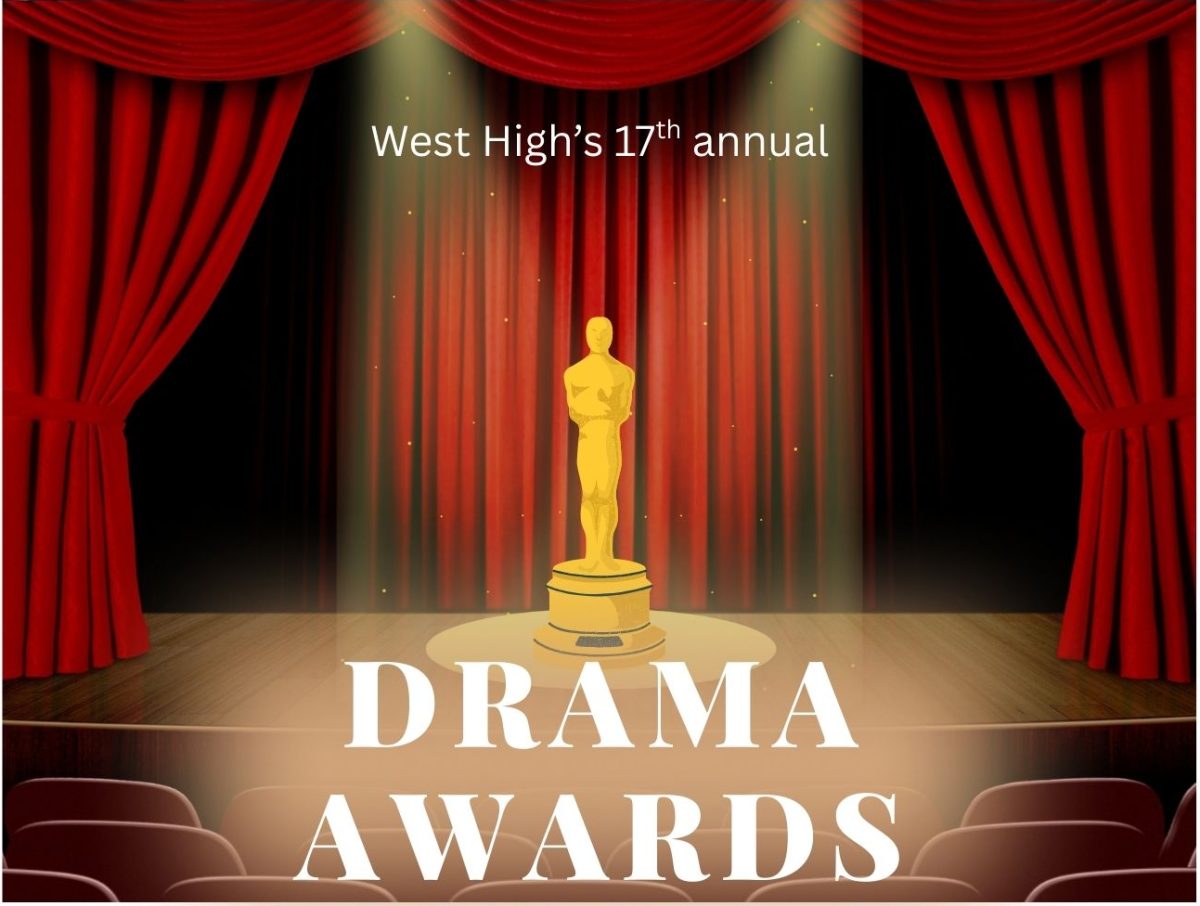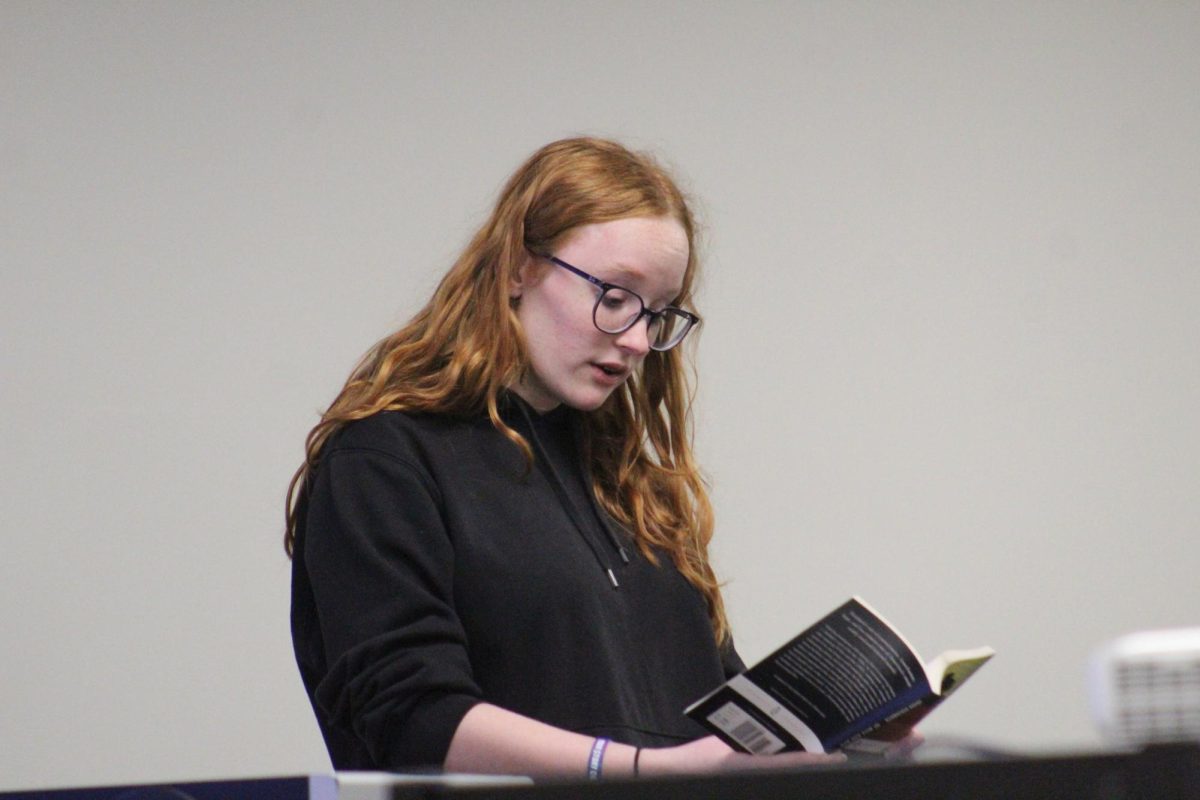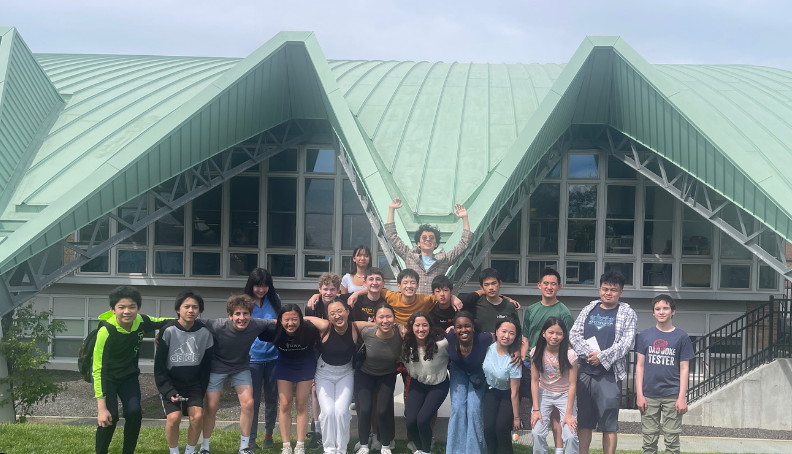When Elliot Stalter ’13, Harin Lee ’13, and Phoebe Low ’13 woke up at 3:00 am on March 21st, a Wednesday morning, they were headed for a once-in-a-lifetime experience. The American String Teachers Association (ASTA) hosts a national conference every two years that features a full orchestra of 120 members. After an intense month of practice, all three sent in recorded tapes of their best performances which were reviewed at both the state and national levels.
“You never really know what a committee will be looking for,” said Stalter, regarding the audition process. However, the uncertainty was for naught; The thirteenth biennial National High School Honors Orchestra found what they were looking for and sent the trio of West High students, all violinists, invitations to the NHSHO which was held in Atlanta, Georgia this year.
After their long journey to the Marriot Marquis in Atlanta, the group settled in for two not-quite hectic days of practice. “At most, we practiced for five hours at a time, ” said Stalter, surprised that the orchestra’s practice times weren’t as intensive at as All-State this past fall. Something else that set this orchestra apart from others he’s played in was the group dynamic.
“[There were] lots of people there that had solidifed into small groups by the next day. You had eight or so people that you stuck with,” Stalter said. Having played in numerous groups with different chemistries, he prefers getting to know an intimate group of people well as opposed to having a large number of acquaintances.
An exceptional group is deserving of an exceptional conductor, and Ryan McAdams definitely filled the quota. “He’s an emerging talent,” said Lee. “He seemed really young… just out of graduate school.”
“He really knew his stuff, historically and harmonically,” said Stalter.
Another thing that set this group apart was the lack of actual ranking. For examples, the violin sections weren’t ranked and divided into first and second parts accordingly. Instead, becuase of the exemplary skill showed by the players, the sections were drawn up randomly. “I sat right in front of the timpani,” said Lee, who was excited to play in the full orchestra.
The orchestra worked on two pieces: Tchaikovsky’s Symphony No. 4 in F minor, and Olivier Messaien’s Les Offrandes Oubliées. Stalter said, regarding the Tchaikovsky piece, “It was written when he was super depressed so it’s all dark and stormy.” Lee was pleasantly surprised to be playing the symphony in its entirety, but nervous as the orchestra had never completely rehearsed the entire piece, instead playing it straight-through for the first time during the concert. “I was kind of scared, but everything just came together.”
The Messaien piece had a completely different feel to it, written by a composer who had synesthesia (a neurological condition that caused him to physically “see” sounds), the like the yellow and flecks of orange explained by Stalter. Lee said of the piece, “At first I didn’t like it, it was too contemporary. There are different colors in the music, but then I started noticing things, how he blends the colors together in layers–it’s thick.”
Both Lee and Stalter plan to continue playing in college. Lee said of the experience, “It was by far the best orchestra I’ve ever played in… everyone cared about music so much.”



